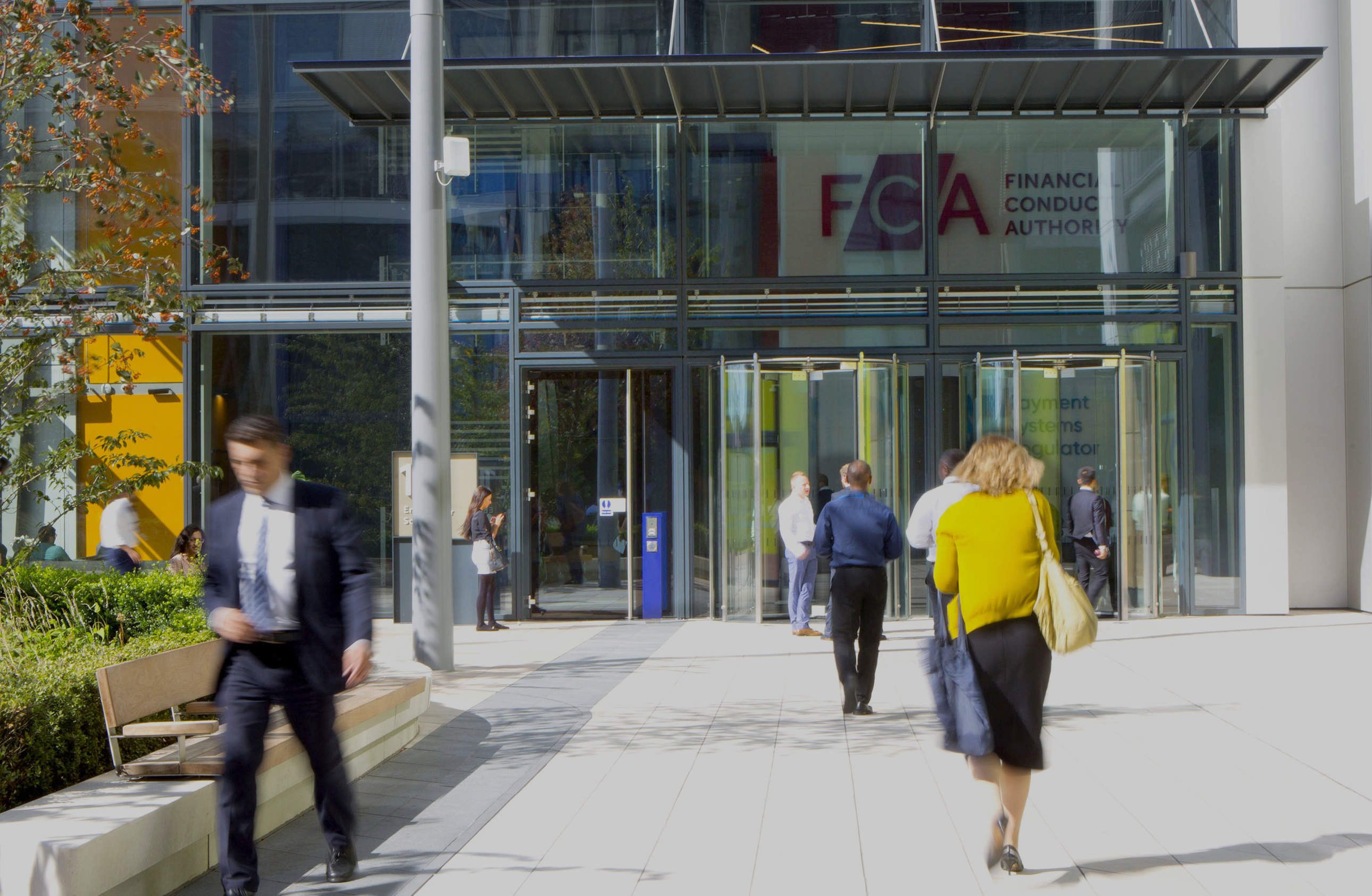
The Financial Conduct Authority (FCA) is introducing reforms to an overdraft market described by the regulatory body as ”dysfunctional”.
According to the FCA, in 2017 firms made over £2.4bn from overdrafts alone, with around 30% from unarranged overdrafts. More than 50% of banks’ unarranged overdraft fees came from 1.5% of customers in 2016, and people living in deprived areas are more likely to be impacted by these fees. In some cases, unarranged overdraft fees can be more than ten times as high as fees for payday loans.

Access deeper industry intelligence
Experience unmatched clarity with a single platform that combines unique data, AI, and human expertise.
In response to this the FCA is introducing regulation that is stopping banks and building societies from charging higher prices for unarranged overdrafts than for arranged overdrafts. In addition it is banning fixed fees for borrowing through an overdraft, requiring banks and building societies to price overdrafts by a simple annual interest rate, and requiring banks and building societies to advertise arranged overdraft prices with an APR to help customers compare them against other products.
The changes in regulation will come into effect from April 2020, apart from the guidance on refused payment fees, which will take effect immediately, and the repeat use remedies which will come into force on 18 December 2019.
Andrew Bailey, chief executive of the Financial Conduct Authority said: “The overdraft market is dysfunctional, causing significant consumer harm. Vulnerable consumers are disproportionately hit by excessive charges for unarranged overdrafts, which are often ten times as high as fees for payday loans. Consumers cannot meaningfully compare or work out the cost of borrowing as a result of complex and opaque charges, that are both a result of and driver of poor competition.
“Our radical package of remedies will make overdrafts fairer, simpler and easier to manage. We are simplifying and standardising the way banks charge for overdrafts. Following our changes we expect the typical cost of borrowing £100 through an unarranged overdraft to drop from £5 a day to less than 20 pence a day.”

US Tariffs are shifting - will you react or anticipate?
Don’t let policy changes catch you off guard. Stay proactive with real-time data and expert analysis.
By GlobalDataEarlier this week, the FCA introduced rules designed to prevent harm to investors, following on from but not directly related to the collapse of the Lendy P2P platform last month.
SME funding
Smaller SMEs have used bank overdrafts as an expensive form of finance for years instead of more targeted bespoke finance like leasing and asset-based finance.
However the trend has changed over the past decade as funders made small business owners more aware of finance products like asset finance, and schemes like the bank referral scheme were brought in for SMEs (despite questions about its efficacy).
In 2015, Close Brothers said more SMEs were using asset finance ahead of the traditional bank finance and overdraft.
In 2016, Funding Options said overdraft lending to SMEs had fallen by 37% in five years, with the value of overdrafts falling to £12bn over that time period.
And in 2017, the Bank of England pointed out that £9.5bn was lent to small and mid-sized businesses in asset based finance in 2016 – up 3% from £9.2bn in 2015. At the same time the amount of outstanding bank overdrafts decreased by 2% to an average £12.4bn in 2016, down from £12.6bn in 2015.
While alternative finance seems to be taking more of the overdraft bank business away from the high street banks, the reforms introduced by the FCA are likely to drive this trend.
Additionally banks will seek to recoup the losses from regulation, most likely with higher interest rates, strengthening the cause for lessors.







